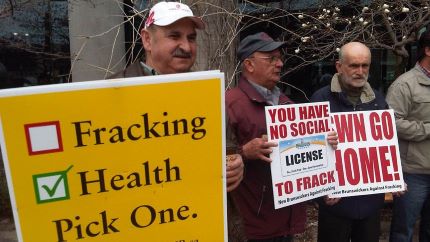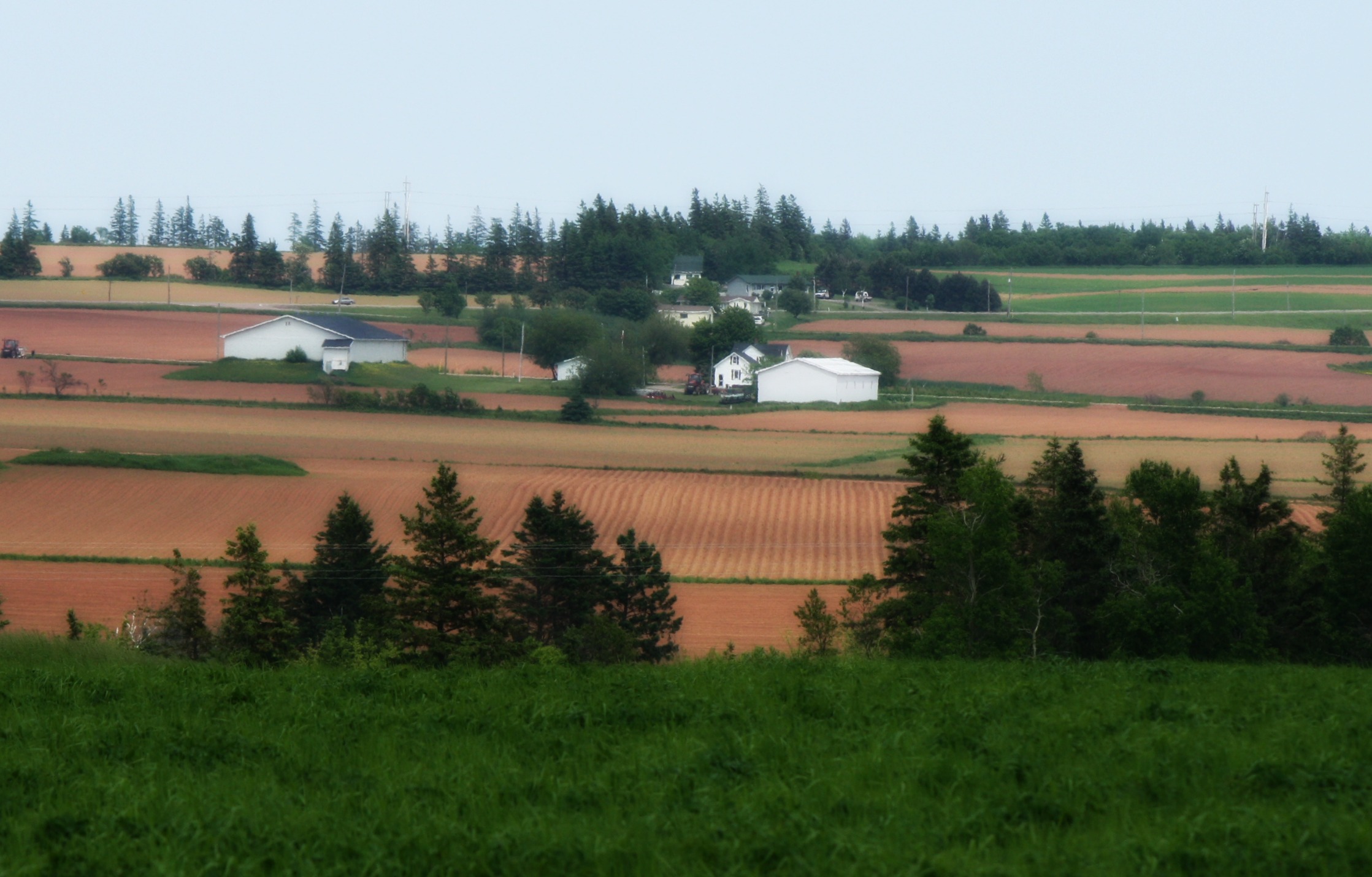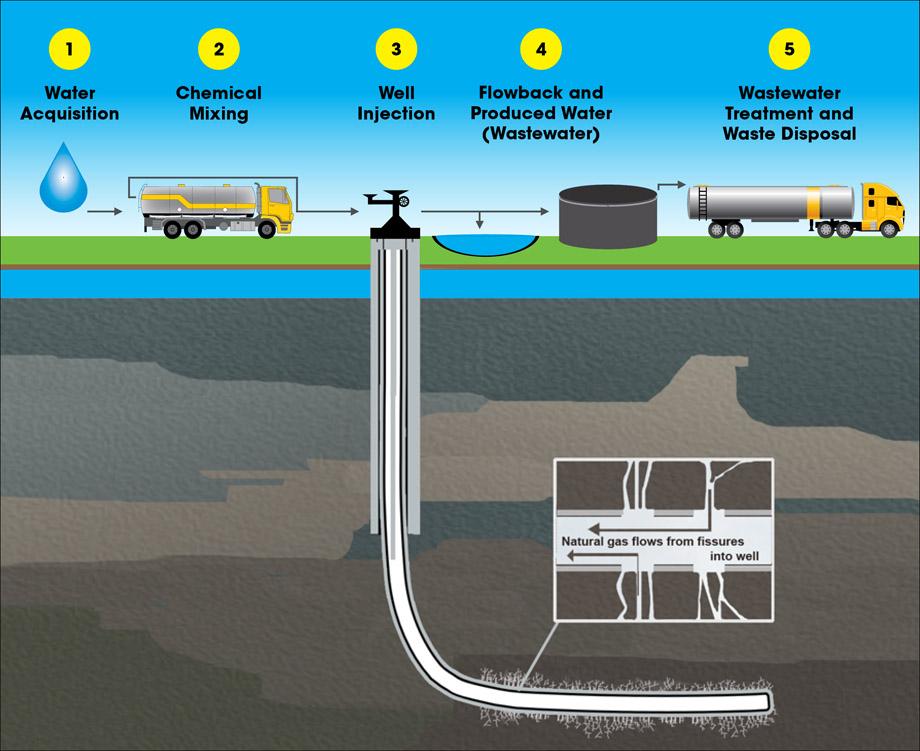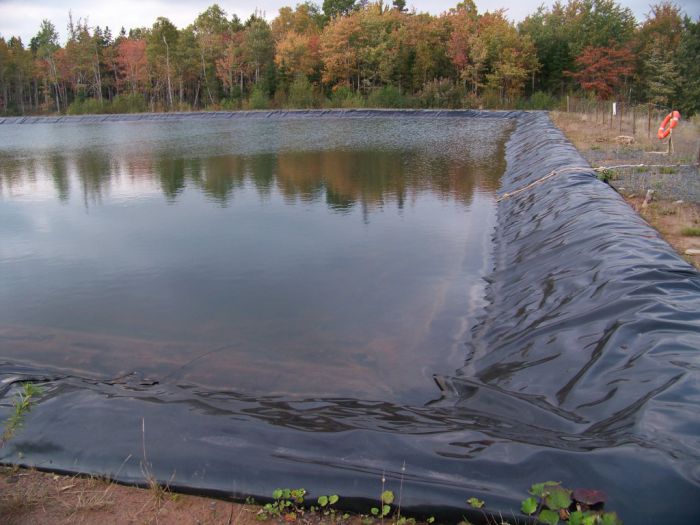Atlantic Industrial Services Waste Water Dumping Proposal Raises Serious Concerns
New Brunswick Anti-Shale Gas Alliance asks: Is this another example of backroom ‘public consultation’?
PDF Download:
Moncton, NB (11 August 2014) – Recent news reports on a proposal by Atlantic Industrial Services (AIS) to truck 30 million litres of fracking wastewater from its Debert, NS facility into Dieppe for dumping in the municipal sewage system has generated many questions by environmental groups and residents in the tri-community area. Dieppe City Council may be hearing some of them at their council meeting tonight.
The New Brunswick Anti-Shale Gas Alliance (NBASGA) applauds the City of Dieppe for its cautionary approach, but questions – once again – the lack of public consultation initiated, since the application for the EIA was dated June 6, 2014, yet it was 60 days before the proponent presented to the Dieppe City Council.
The New Brunswick EIA regulations clearly state: “Open and transparent public involvement is required for all registered projects….The opportunity for public involvement benefits citizens most when they take an active role at an early stage in the process, and clearly articulate their specific questions or concerns.”
“Does informing City Council – and only Dieppe City Council – 60 days later constitute an acceptable standard for public consultation under NB regulations?” asks Jim Emberger, spokesman for NBASGA. “What about the other tri-city councils? The Greater Moncton Sewerage Commission? What about the general public’s right to know? Wouldn’t the department of Environment and Local Government want to be up front and transparent, particularly when the issue is a new and precedent-setting industrial procedure taking place during a contentious debate on the underlying issue of shale gas?”
NBASGA, after reviewing the EIA document, asks why a company from the United States, processing waste in Nova Scotia, buys a defunct waste disposal company in New Brunswick that has no facilities other than a garage, access to the municipal sewage system, and an old certificate for waste disposal.
“This situation raises several questions,” says Emberger. “The most pressing is this: If this water is supposedly safe enough for Dieppe, then why did Nova Scotia refuse it?”
The wastewater in question has been a problem for the company for several years, the problems originating when local residents discovered that the company had dumped seven million litres of ‘untreated’, radioactive water into the Windsor sewage system without advising anyone. This led the Colchester County municipality to veto any further dumping. Now the company is looking to New Brunswick to help solve its disposal problems.
“If this EIA is approved, then the government has facilitated a ‘backdoor’ solution to a problem it has not addressed in its rules for industry or in public discussion. This situation clearly illuminates the fact that this government has no idea how to do safely dispose of waste water from fracking. And yet, Corridor is currently fracking in Penobsquis and in Elgin and we have further gas and oil wells pending in Albert County. Where is this waste being disposed of?”
PDF Download:







